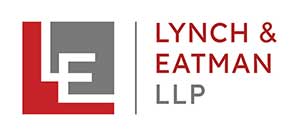Providing High-Quality Tax Law Counsel and Representation
Complying with the provisions of federal, state and local tax laws can be challenging. The assistance of an experienced tax lawyer can be invaluable when dealing with these complex issues. At the law firm of Lynch & Eatman, L.L.P., our experienced Raleigh taxation attorneys advise and represent individuals, businesses, trusts and estates, and tax-exempt organizations with respect to a wide range of federal and North Carolina tax matters.
Assisting Clients with State and Federal Tax Issues
Our attorneys are committed to helping clients take advantage of the benefits offered by various provisions of tax law while minimizing their risk of damaging tax controversies. We provide a wide range of tax services, including, but not limited to, the following:
- Advising individuals on compliance with federal and state income tax laws
- Assisting businesses with the development of corporate and partnership tax strategies
- Crafting estate plans to minimize estate, gift and generation-skipping transfer taxes
- Helping foundations, charities and other nonprofits establish tax-exempt status
- Representing clients in IRS audits and other tax controversies
Our firm includes several attorneys who have been admitted to practice before the U.S. Tax Court. We also represent clients before the North Carolina Department of Revenue. We have the experience and insight to help you pursue your goals in any tax matter.
Representation When It Matters; Call Today
Whether you have a question about the tax consequences of a planned action, you need help reducing your exposure to tax liability, our tax lawyers can help. To schedule a meeting, please contact us at 919-944-4655 or by email.

